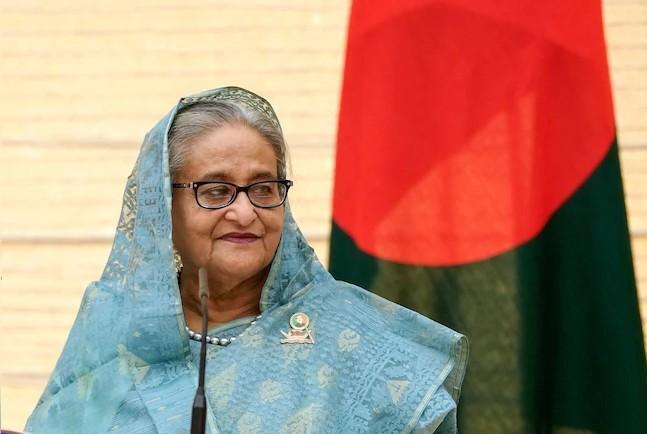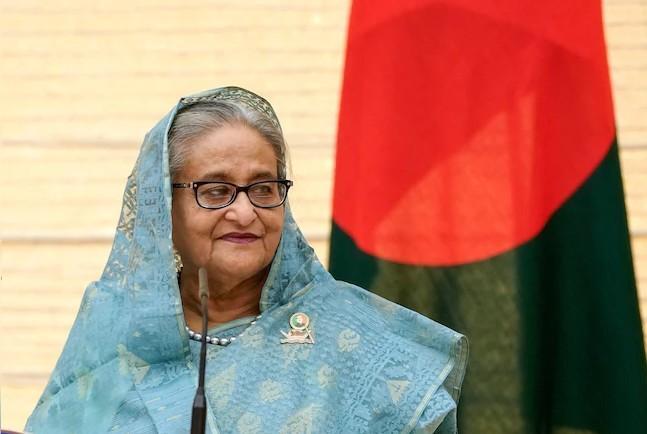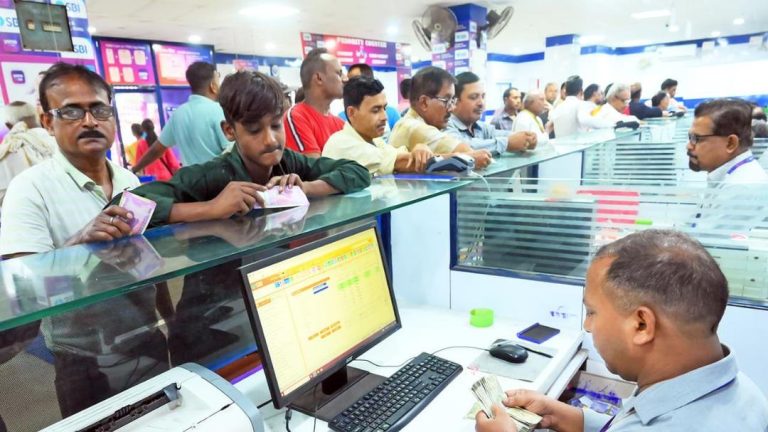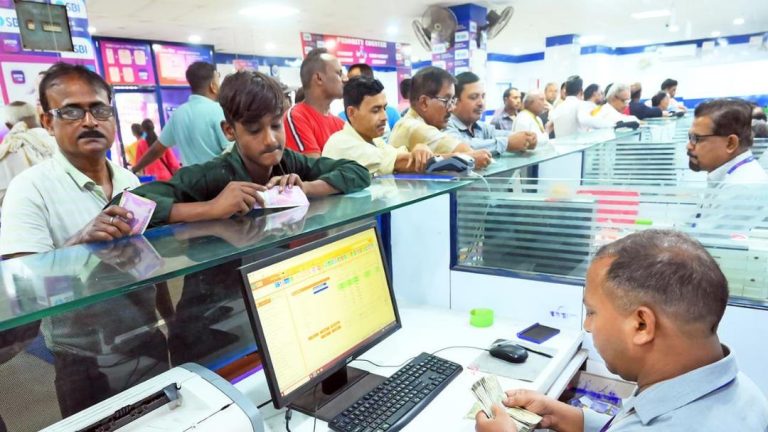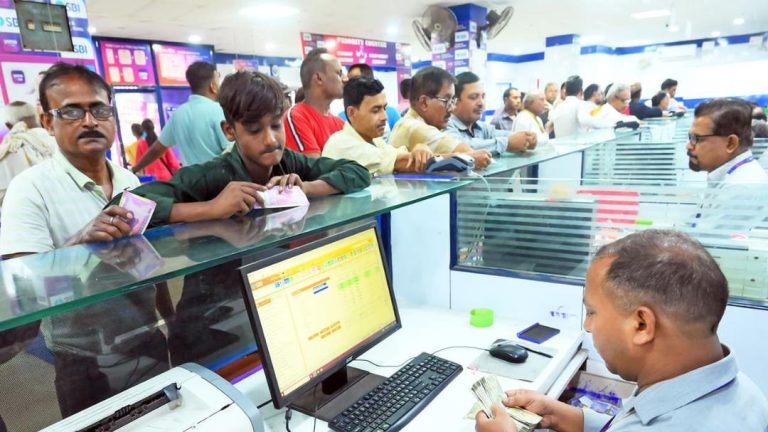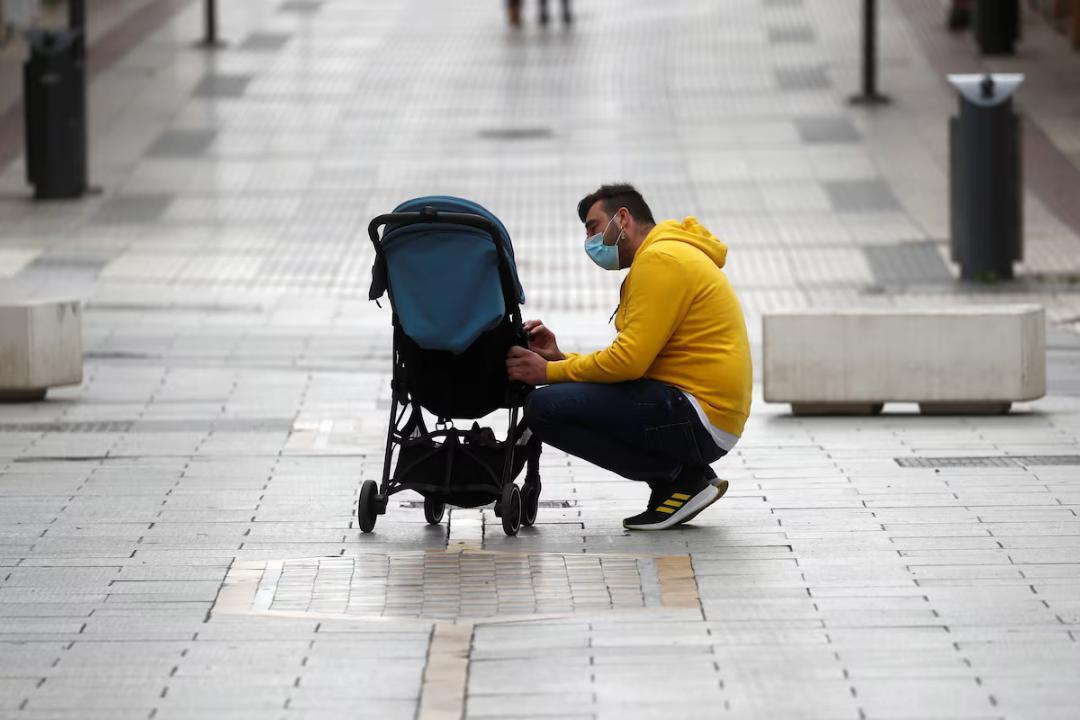
Spain to Offer 17 Weeks of Parental Leave to Both Mothers and Fathers
In a groundbreaking move, Spain has announced plans to extend its parental leave policy, offering 17 weeks of fully-paid leave to both mothers and fathers after the birth of a child. This significant step forward is a major boost for working parents in Spain and a testament to the country’s commitment to promoting gender equality and work-life balance.
Currently, Spain offers 16 weeks of fully-paid parental leave, which is already one of the most generous parental leave policies in Europe. However, under the new plan, fathers will be entitled to an additional week of leave, bringing the total to 17 weeks. This extension is a significant milestone in Spain’s efforts to promote shared parental responsibilities and challenge traditional gender roles.
Spain is not alone in its efforts to promote equal parental leave. Finland is the only other EU country that offers equal, fully-paid birth leave to both parents. However, Spain’s move is significant because it demonstrates a commitment to extending this benefit to fathers, rather than just mothers.
The decision to extend parental leave is seen as a major step forward for feminism in Spain. As Minister for Equality, Irene Montero, noted, “Spain is moving towards feminism…and there’d be no turning back.” This is a bold statement, highlighting the government’s determination to drive forward gender equality and tackle the gender pay gap.
The benefits of extended parental leave are numerous. For mothers, it allows for a longer period of bonding with their newborn, which can have a positive impact on mental and physical health. For fathers, it provides an opportunity to take on more childcare responsibilities, which can help to promote a more equal division of labor and reduce the risk of burnout.
Moreover, extended parental leave can have a positive impact on the economy. A study by the International Labour Organization (ILO) found that countries with generous parental leave policies tend to have higher rates of employment and lower levels of poverty. This is because parents are more likely to return to work after taking time off to care for their children, which can help to boost economic growth.
So, what does this mean for working parents in Spain? For mothers, it means having more time to bond with their newborn and recover from childbirth. For fathers, it means having the opportunity to take on more childcare responsibilities and be more involved in their child’s early life. It also means that both parents can share the responsibilities of caring for their child, which can help to promote a more equal division of labor and reduce the risk of burnout.
The extension of parental leave is also seen as a major step forward for working parents in general. With the rising cost of living and increasing pressure to balance work and family life, many parents are struggling to make ends meet. Extended parental leave can provide a welcome respite, allowing parents to recharge and come back to work feeling more energized and motivated.
Of course, there are also potential challenges associated with extending parental leave. Some employers may struggle to adapt to the new policy, particularly small businesses or those in industries with high staff turnover. However, the Spanish government has announced plans to provide support to employers, including financial assistance and training programs, to help them adapt to the new policy.
In conclusion, Spain’s decision to extend its parental leave policy to 17 weeks for both mothers and fathers is a major step forward for gender equality and work-life balance. It demonstrates a commitment to promoting shared parental responsibilities and challenging traditional gender roles. As the Minister for Equality noted, “Spain is moving towards feminism…and there’d be no turning back.” This is a bold statement, highlighting the government’s determination to drive forward gender equality and tackle the gender pay gap.
Source:

